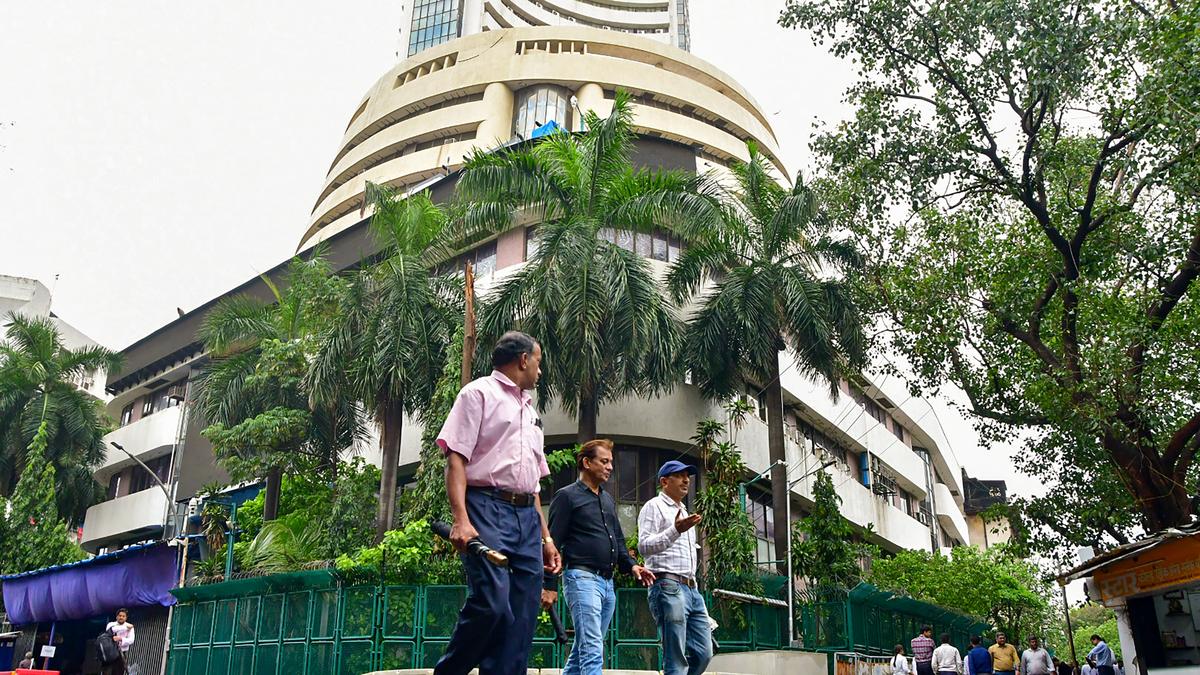
How do markets look at election results? Premium
The Hindu
Election result impact on market: Markets experience volatility during elections, with investors seeking stable governments for economic growth and policy continuity.
Markets turn particularly volatile during and in the run-up to the election season. Speculations, psephologists’ analyses, exit polls and rhetoric, among other things— all bear the potential to shroud equity markets in political uncertainty. Investors have ideally preferred a stable government which would focus on spurring economic activity, industrialisation, managing the fiscal deficit, taxation policies and taming inflation, among other things. It is largely based on these assessment metrics and the prevailing political currents, in combination and/or in isolation, that investors chalk their strategies. They are always on the lookout for a government that would be able to influence the economy and industry towards betterment.
Also Read: Exit poll 2024 highlights
Let us look at some of the currents that have determined the behaviour of markets in an election landscape.
In 1984, investors did not receive former Prime Rajiv Gandhi’s accession to the top administrative post in the country with great enthusiasm. His initial days occupying the country’s top administrative office contributed to greater volatility and economic fluctuations in November 1984. Bourses were still recovering from the shock that arrived with the assassination of his mother and late Prime Minister Indira Gandhi on October 31, 1984. The orgy of violence that followed was still subsiding in Northern India. Further, Mr. Gandhi was yet to prove his mettle in the general elections, which were expected to take place a year later. Important to note here, stability is also imperative for investors to determine the continuation of policies undertaken by the incumbent regime. It helps them plan suitably and make favourability assessments.
Trading in Dalal Street and other centres had resumed on November 5 on a rather subdued note. Amidst the uncertainty, investors, particularly bull investors, were unwilling to make fresh commitments. Trends were similar in Madras and Calcutta too. As reported by The Hindu back then, the volume of business was restricted, and a definite trend – avoiding the uncertainty - was expected to emerge only after a fortnight. It was further reported, “The capital market may not, of course, remain buoyant for several weeks as individual investors may not be keen to extend enthusiastic support to even worthwhile new issues in the absence of normal trading in the stock markets.”
Notwithstanding a rather sombre setting, expectations still existed about a revival. News reports suggested that provided there were no major upsets in the political situation, there could be a revival in economic activity after some uncertainties were out of the way. This was based on the inherent strength of the economy and the expectations of growth in the national income by 4.5% in 1984-85. This in turn was based on anticipation about a higher level of agricultural and industrial production.
Rajiv Gandhi was assassinated in May 1991.













